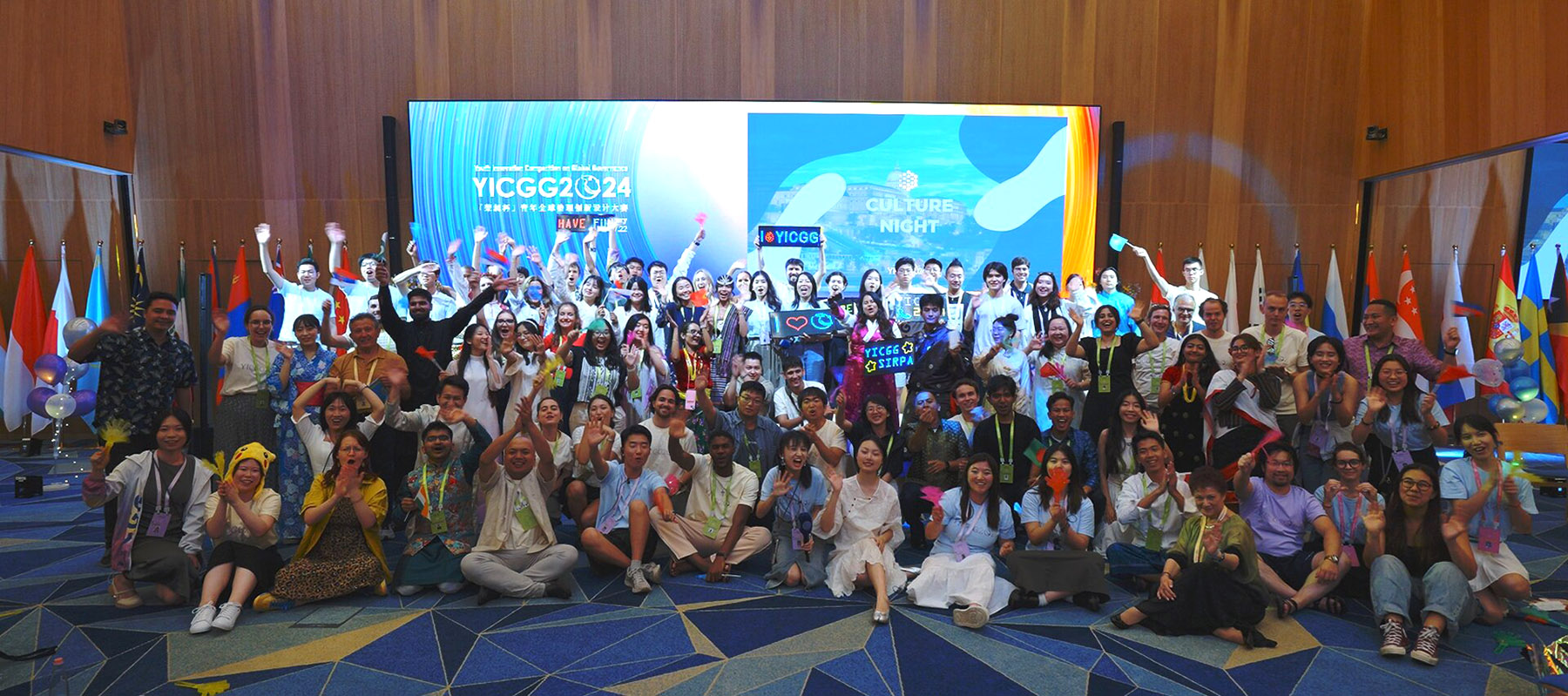Peking University, one of China’s leading institutions, has taken significant steps in 2024 to promote sustainability on campus. With an emphasis on environmental responsibility, the university is implementing green initiatives that aim to reduce its carbon footprint, promote sustainable practices, and raise awareness about climate change.
Green Campus Initiatives
Peking University’s Green Campus Initiative focuses on reducing energy consumption, minimizing waste, and improving overall environmental sustainability. The university has installed solar panels on several buildings, which contribute to the campus’s energy needs and serve as an educational tool for students studying renewable energy.
Additionally, Peking University has adopted an advanced smart energy management system that monitors and optimizes energy usage across campus. This system not only reduces energy waste but also provides real-time data for research projects focused on energy efficiency and sustainability.
Waste Reduction and Recycling Programs
In 2024, Peking University expanded its recycling programs to reduce waste on campus. The university has introduced zero-waste policies in its cafeterias and student dormitories, encouraging the use of reusable containers and eliminating single-use plastics.
Peking also launched a campus-wide composting program, transforming organic waste from dining halls into compost that is used in the university’s botanical gardens. This initiative not only reduces landfill waste but also promotes a circular economy model, demonstrating the potential for sustainable resource management within an academic environment.
Sustainability Research and Education
Peking University is a hub for sustainability research, with dedicated institutes such as the Institute for Sustainable Development. The university has launched several interdisciplinary research programs focused on addressing global environmental challenges, including climate change, water conservation, and urban sustainability.
To further promote environmental education, Peking University has integrated sustainability into its curriculum, offering courses in environmental science, green technologies, and sustainable urban planning. Students are encouraged to participate in sustainability projects, both on and off-campus, fostering a culture of environmental responsibility.
Conclusion
Peking University’s sustainability initiatives reflect its commitment to addressing environmental challenges through both practical campus improvements and academic leadership. By promoting green practices, reducing waste, and integrating sustainability into education, Peking University is setting an example for other institutions in China and around the world.


